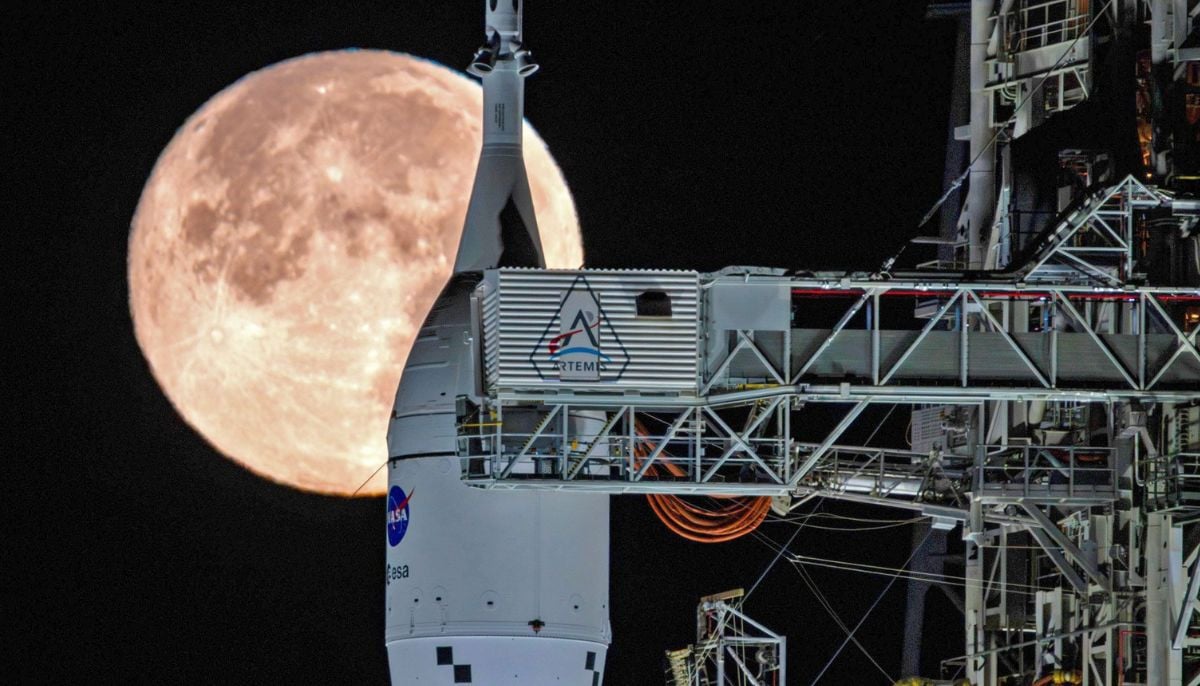China turns to AI humanoid robots to revolutionise manufacturing
"Just imagine that one day in our own robot factory, our robots are assembling themselves," says partner at AgiBot
AgiBot, a pioneering humanoid robot startup, operates a sprawling warehouse in a Shanghai suburb, where robots perform repetitive tasks like folding T-shirts and making sandwiches for 17 hours a day.
The goal is to amass data to train robots for future integration into daily life. This initiative has gained significant attention from the Chinese government, particularly as the nation grapples with trade tensions with the United States, an ageing population, and an economic slowdown.
"Just imagine that one day in our own robot factory, our robots are assembling themselves," said Yao Maoqing, a partner at AgiBot.
Last month, President Xi Jinping visited AgiBot, playfully suggesting that these humanoid machines could even form a football team.
The visit underscores the country's commitment to advancing humanoid robotics as a potential solution to its economic challenges.
Additionally, another key player in the field, Unitree, was also present in a meeting Xi hosted for private firms earlier this year, where he urged them to help China's economy.
As the US negotiates with China over tariffs that President Donald Trump had imposed to help bring back US manufacturing jobs, Beijing is aiming for a new industrial revolution where many factory tasks would be performed by humanoid robots.
In recent years, Chinese humanoid robots have demonstrated increasing feats of agility, including performing somersaults, running a half-marathon, and even playing football, as Xi mused.
But Reuters is reporting for the first time details about how China's advances in artificial intelligence, partly driven by the success of homegrown firms like DeepSeek as well as abundant government support, are allowing humanoid developers to pair the robots' already impressive hardware with the software needed to make them economically valuable.
Reuters spoke to more than a dozen people, including Chinese humanoid manufacturers, investors, customers and analysts, who described how breakthroughs in developing robot "brains" will allow these metallic machines to go from mere spectacles to productive and autodidact workers that could revolutionise the world's pre-eminent manufacturing power.
China aims to build its edge by focusing on data training and the sophistication of its AI models, the people said, with some saying the prowess of DeepSeek was a big aid.
DeepSeek and the Chinese government didn't respond to requests for comment about their roles in the development of humanoid robots.
A successful and widespread deployment of these robots in factory floors would enable China to keep driving economic growth and maintain its manufacturing superiority, making the field an area of competition with the US.
Less clear is how Beijing would manage the spectre of layoffs of factory workers. State media has suggested that, as with previous industrial revolutions, long-term job creation would outweigh short-term pain.
Chinese authorities are handing out generous subsidies for humanoid firms. More than $20 billion has been allocated to the sector over the past year, and Beijing is establishing a one trillion yuan ($137 billion) fund to support startups in areas such as AI and robotics, official announcements show.
-
Greenland ice sheet acts like ‘churning molten rock,’ scientists find
-
Space-based solar power could push the world beyond net zero: Here’s how
-
Hidden ‘dark galaxy' traced by ancient star clusters could rewrite the cosmic galaxy count
-
Astronauts face life threatening risk on Boeing Starliner, NASA says
-
Giant tortoise reintroduced to island after almost 200 years
-
Blood Falls in Antarctica? What causes the mysterious red waterfall hidden in ice
-
Scientists uncover surprising link between 2.7 million-year-old climate tipping point & human evolution
-
NASA takes next step towards Moon mission as Artemis II moves to launch pad operations following successful fuel test
_updates.jpg)











